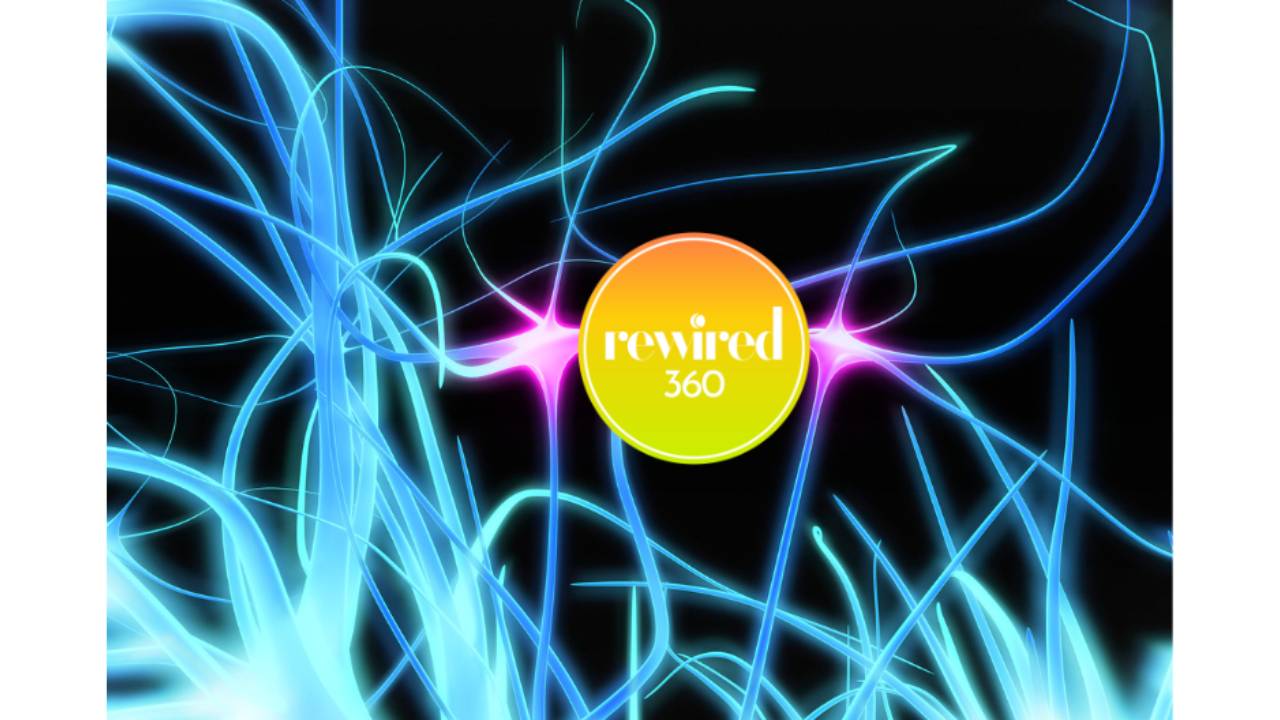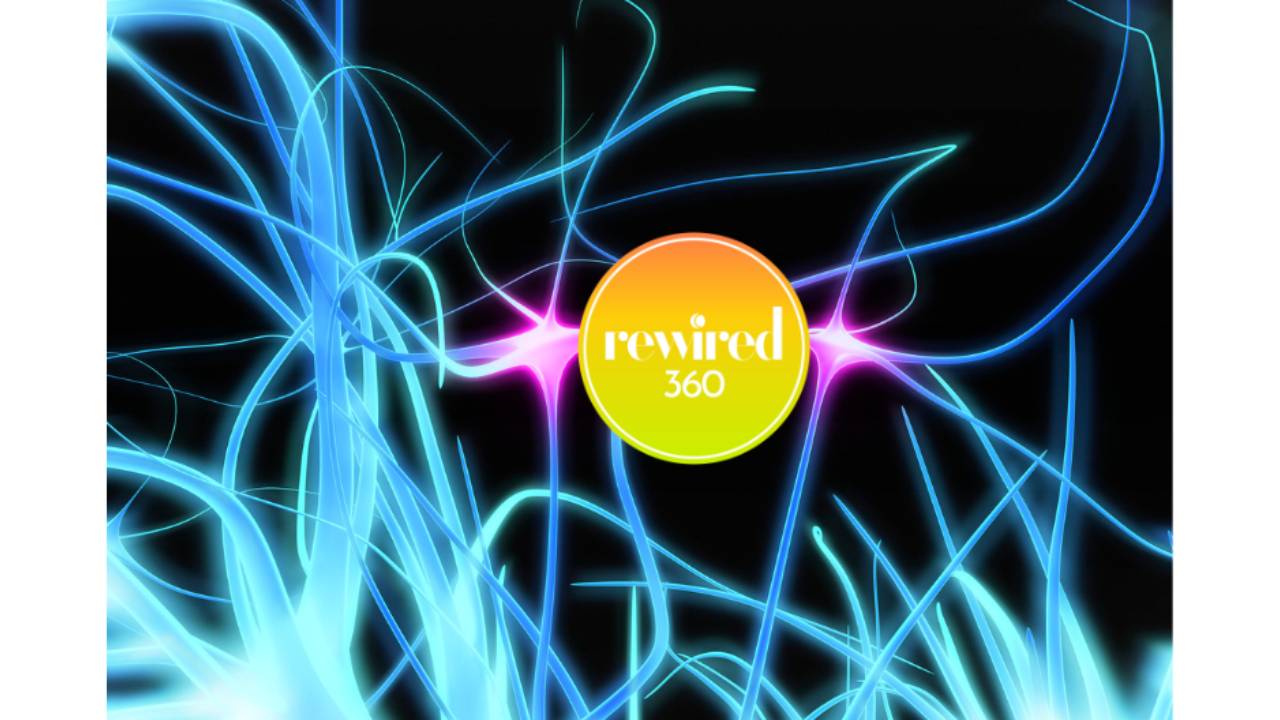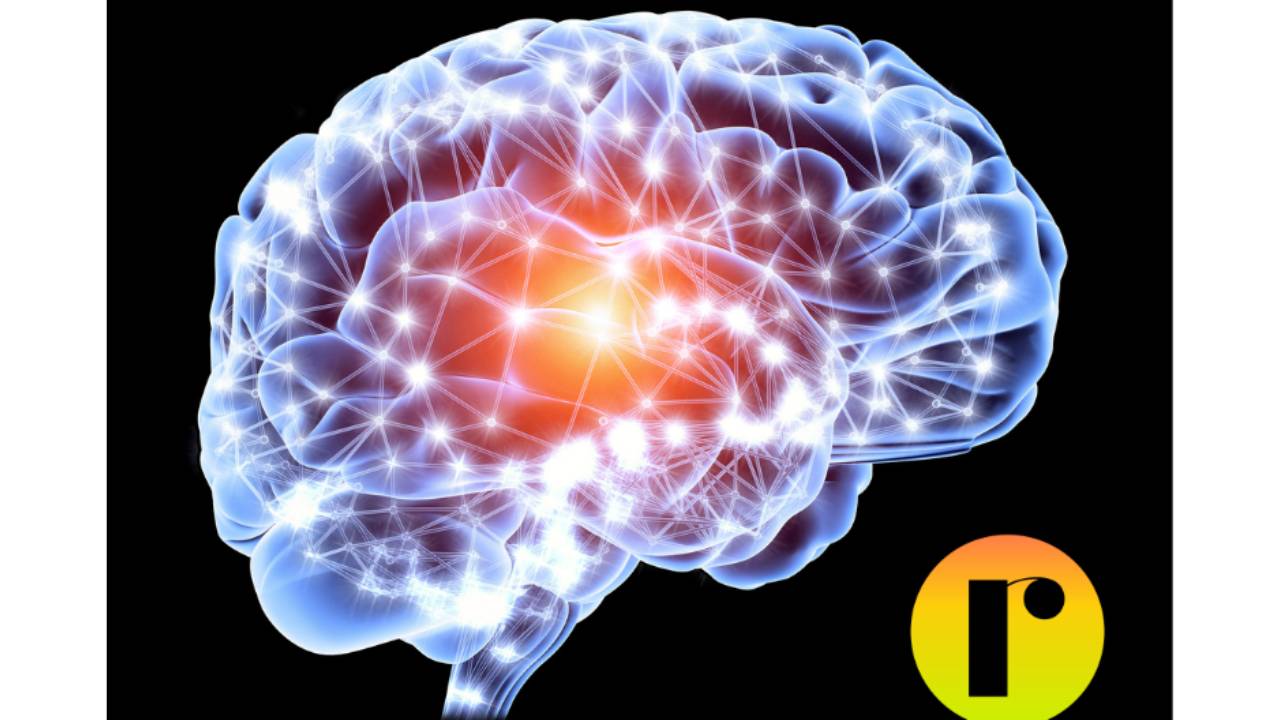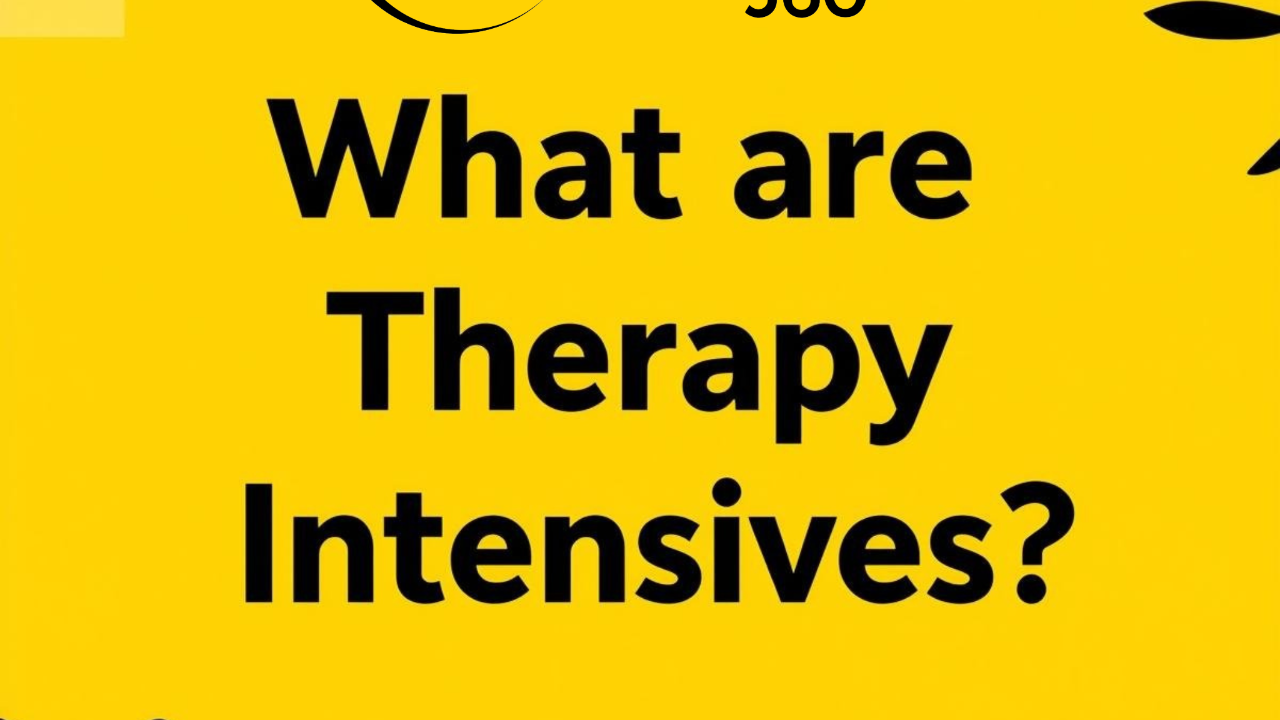BLOG
Introduction
Cognitive Interweaves are a vital tool in the EMDR therapist’s toolbox. If you’re an EMDR therapist or training to become one, understanding cognitive interweaves is essential for helping clients move past stuck points in trauma processing. In this EMDR 101 blog post, we’ll break down ...
Depression isn’t just about feeling sad—it’s a complex experience that can include hopelessness, fatigue, and a loss of interest in life. For many, traditional treatments like talk therapy and medication offer relief. But for others, the struggle continues, even after trying multiple options. This i...
Ketamine-assisted psychotherapy (KAP) is rapidly emerging as a transformative intervention for treatment-resistant depression, PTSD, and other mental health challenges. As research and clinical experience grow, one practice stands out as especially impactful: intention setting. Whether you’re a ment...
Ketamine-assisted psychotherapy (KAP) is gaining recognition as a promising intervention for treatment-resistant depression, PTSD, and other mental health challenges. As a mental health provider, you may be considering whether to refer clients or collaborate with a ketamine provider. This decision c...
Title: Mastering the 4 P's of Marketing for Business Success
Marketing is a complex and ever-evolving field, but at its core, it revolves around four fundamental elements known as the 4 P's: Product, Price, Place, and Promotion. To succeed in today's competitive business landscape, it's essential t...
The Green Bottle Method: A Transparent Sliding Scale for Therapists—And a Safeguard for Malpractice Concerns
Sliding scale fees are a powerful way for therapists to improve access to care while remaining ethically and legally sound. Yet, many clinicians have questions about how to implement a slidi...
Tips for Launching Your Therapy Intensives
1. Craft a Dedicated Intensives Page
Build a special page for your intensives on your website. Use language that resonates with your ideal clients—highlight their struggles and dreams for transformation. Make sure it’s easy to find on search engines by ...
What Are Therapy Intensives?
Therapy intensives are extended, focused sessions that allow clients to make significant progress in a shorter period of time. Unlike traditional weekly therapy, intensives might span several hours or even days, providing a deep dive into specific issues. This model is ...










